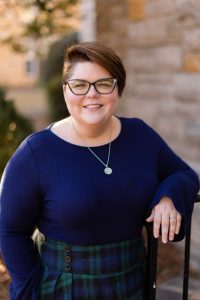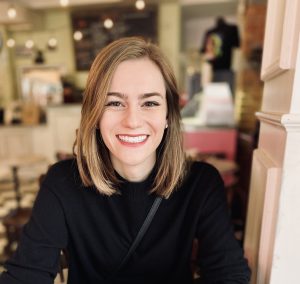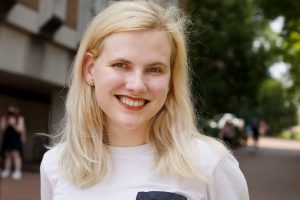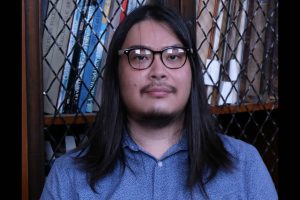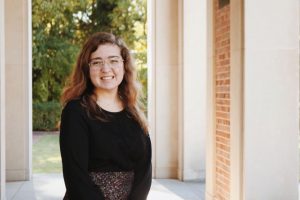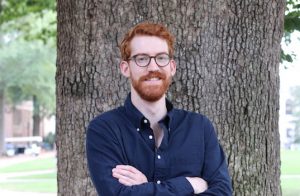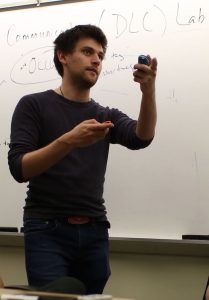Shelby Jackson

Degrees
2018, BA English, Nicholls State University
2022, MA English, University of New Orleans
Bio
Shelby is a doctoral student and teaching fellow focusing in Rhetoric and Composition. Primarily, Shelby develops interdisciplinary research on writing transfer with an emphasis on first-year composition pedagogy. Her work on transfer-focused pedagogies thus far has intersected methodologically with other fields of interest such as the Digital and Health Humanities.
Years of teaching writing in different learning settings led to Shelby’s interest in writing transfer. As a teaching fellow for the ECL Writing Program, she designs her first-year course with a transfer objective to prepare her students for future research and writing demands.
Shelby’s other scholarly interests include basic writing, academic research writing, instructional design, knowledge and skill retention, memory processes, metacognition, composition lexicon, and neuro terminologies (e.g., neuroeducation and neuropedagogy).
Curriculum Vitae / Resume
Research Interests
Digital Humanities | Pedagogy | Rhetoric, Composition and Literacy | Science Writing | Writing In The Disciplines


